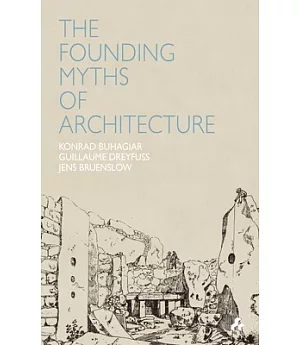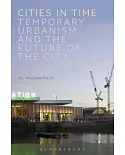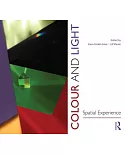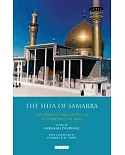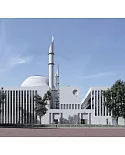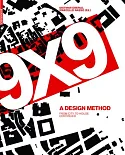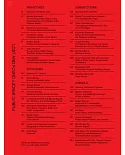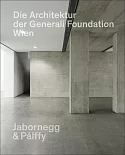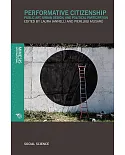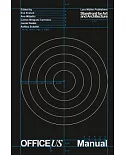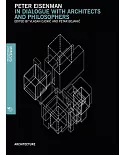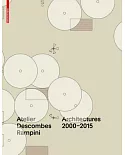The Founding Myths of Architecture brings together the work of some of the most influential figures from architectural theory to discuss the significance of the artform in relation to
the history of mankind, returning to the authentic roots from which modern architectural design has sprung.
With leading contributors from around the world working in a variety of disciplines, a broad discussion of architecture and its relationship with science, nature, art and society informs the
contents of this book. Kari Jormakka, Pedro Azara, Caspar Pearson and Henry Dietrich Fernández are just some of the respected theorists whose writings comprise this authoritative look at the
origins of architectural practice and its importance to the development of modern society. Exploring architecture as a basic human instinct, linking contemporary architecture to ideas
surrounding mythology and cosmos and assessing the importance of architecture from an anthropological viewpoint, The Founding Myths of Architecture is a refreshing take on
architectural theory.
The Founding Myths of Architecture is broken down into specific chapters focusing on different areas of the discussion. The chapters include “The Dark Side of Architecture: Narratives
of Sin, Violence, and Power”, “Discovering Atlantis: The Personal Adventure of Georges Grognet”, “Unmasking the Beast: Alberti on the Origins of Mankind and the City” and “Creating mythology
through scenic architecture”. Through these works the architecture of Frank Lloyd Wright, Le Corbusier, Louis Kahn, Francesco Borromini, André Le Nôtre, Charles Correa and Marcus Vitruvius
Pollio, amongst others are visually referenced. The texts are illustrated by the work of relevant architects and portray the subjects under discussion.
Published in both French and English editions, this collection of essays pushes the boundaries of architectural criticism, encompassing history and anthropology in its analysis of design,
moving away from a purely rational and functional understanding of architectural theory.

